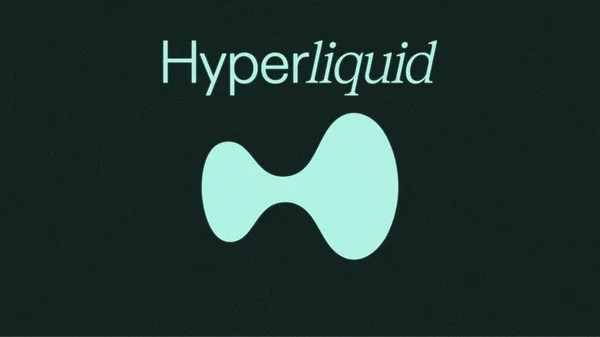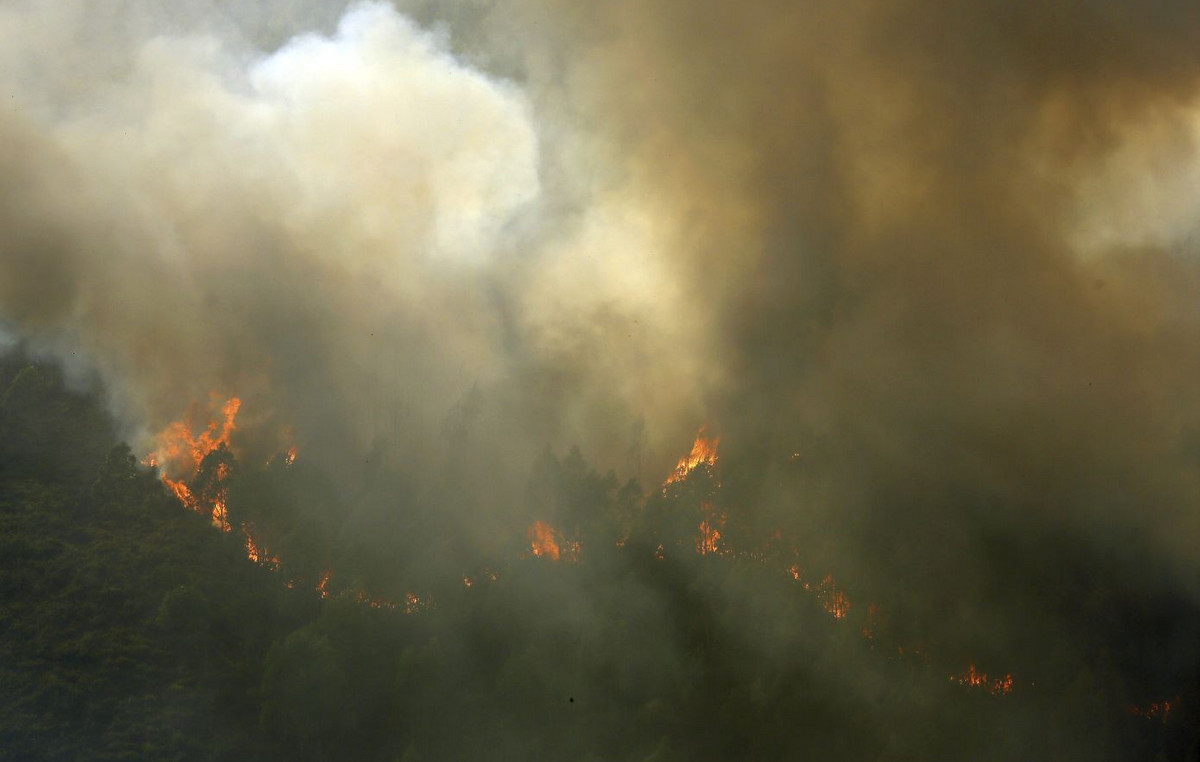Government-backed Chinese publication Global Times called the G7 an “anti-China workshop” on Monday, a day after Beijing summoned Japan’s envoy and chided Britain in a vehement response to statements issued at the group summit in Hiroshima.
G7 statements released on Saturday singled out China on issues including Taiwan, nuclear weapons, economic coercion and human rights abuses, underscoring widespread tensions between Beijing and the group of rich countries that includes the United States.
“America is struggling to weave an anti-China web in the Western world,” the Global Times said in an editorial on Monday titled “G7 Downgraded to an Anti-China Workshop.”
“This is not just a matter of brutal interference in China’s internal affairs and slandering China, but also an undisguised desire for confrontation between the camps.”
Beijing’s foreign ministry said it was firmly opposed to the declaration by the G7 – which also includes Japan, Britain, Canada, France, Germany and Italy – and on Sunday said it had summoned Japan’s ambassador to China in a direct protest to the summit host.
Russia, a close ally of China who was also named in the G7 communiqué over its war in Ukraine, said the summit was an “incubator” for anti-Russian and anti-Chinese hysteria.
Separately, China’s embassy in Britain urged London to stop slandering China after British Prime Minister Rishi Sunak said Beijing posed the world’s greatest challenge to security and prosperity.
The G7 leaders’ main communique mentioned China 20 times, the most in recent years, and up from 14 mentions in 2022.
“China’s reaction this time is quite intense,” he said. wang jiangyu a professor at the City University of Hong Kong.
“The G7 raised many concerns (about China) in an unprecedented way. China sees these issues as its core interests which are entirely internal matters that are not for the G7 to deal with,” he said.
As well as taking issue with the G7’s comments about Taiwan, the democratic island China claims as its own, Beijing also accused the US and its allies of double standards over comments about nuclear construction and use of economic leverage.
Despite Beijing’s backlash, US President Joe Biden said he expected a thaw in icy relations with China “very soon”.
Some analysts, however, see no sign of an immediate easing of tensions, especially given Beijing’s swift and scathing rebuttal.
“Beijing’s reaction (especially the speed of its disclosure) highlights that tensions in the region are already quite high and are likely to rise further,” he said. Moritz Rudolf researcher and member of the Paul Tsai China Center at Yale University.
Source: CNN Brasil
Bruce Belcher is a seasoned author with over 5 years of experience in world news. He writes for online news websites and provides in-depth analysis on the world stock market. Bruce is known for his insightful perspectives and commitment to keeping the public informed.







